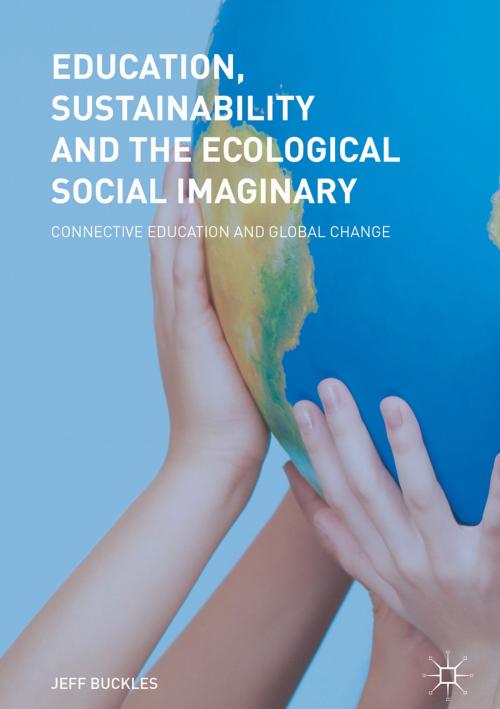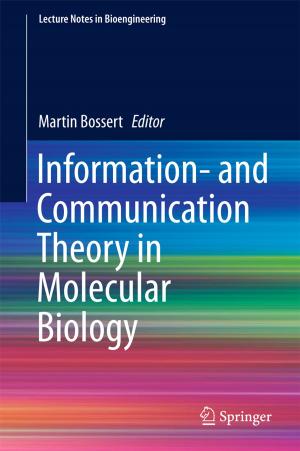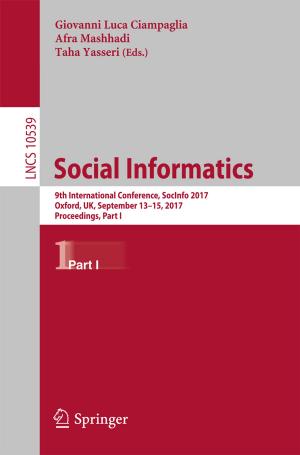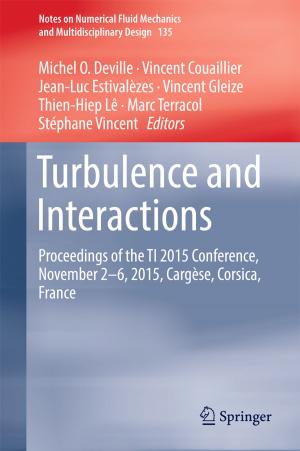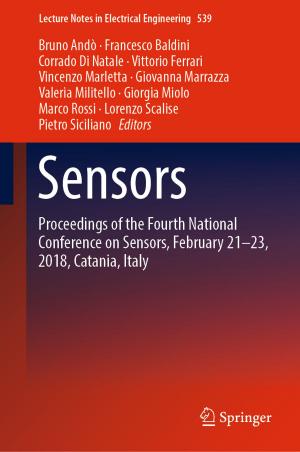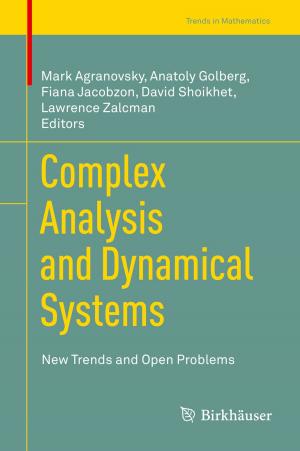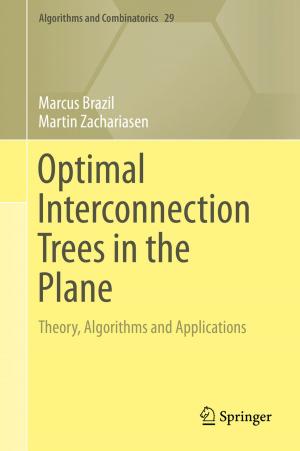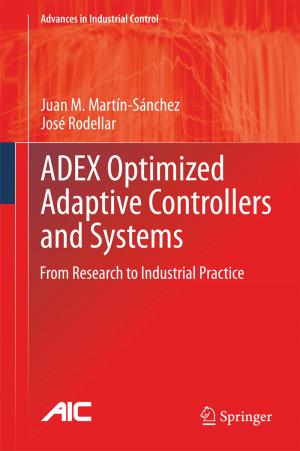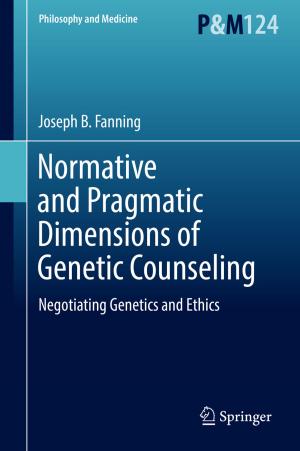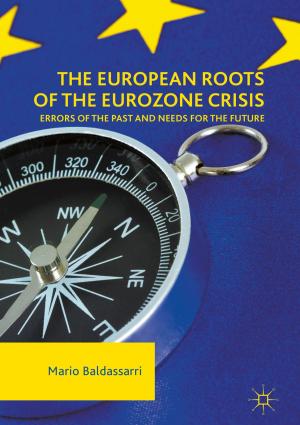Education, Sustainability and the Ecological Social Imaginary
Connective Education and Global Change
Nonfiction, Reference & Language, Education & Teaching, Educational Theory, Philosophy & Social Aspects, Science & Nature, Science, Biological Sciences, Environmental Science| Author: | Jeff Buckles | ISBN: | 9783319744421 |
| Publisher: | Springer International Publishing | Publication: | May 23, 2018 |
| Imprint: | Palgrave Macmillan | Language: | English |
| Author: | Jeff Buckles |
| ISBN: | 9783319744421 |
| Publisher: | Springer International Publishing |
| Publication: | May 23, 2018 |
| Imprint: | Palgrave Macmillan |
| Language: | English |
This book analyses the evidence for global change, and suggests that the Earth is going through a profound transformation, caused in large part by human action. Land, oceans, polar regions and the atmosphere are all being deeply affected by the human population's lifestyle: what should the educational response be to these various aspects of global change? To answer this, the values of an ecological response are developed, leading to the notion of an 'Ecological Social Imaginary', which looks at how humans can change their way of living to one that is more in harmony with the planet that they live on and depend upon. To enable this, an ecological form of education, Connective Education, is proposed. This focuses on how the human and natural world can be connected for the benefit of humankind and all living and non-living entities, joining head, hand, heart and spirit to the web of life. It is argued that through Connective Education, a particular type of person is formed: one who is able to take their place in the human and natural world, and in this way truly connect with their planet. The book will be essential reading for those working in the fields of Education and Environmental Studies.
This book analyses the evidence for global change, and suggests that the Earth is going through a profound transformation, caused in large part by human action. Land, oceans, polar regions and the atmosphere are all being deeply affected by the human population's lifestyle: what should the educational response be to these various aspects of global change? To answer this, the values of an ecological response are developed, leading to the notion of an 'Ecological Social Imaginary', which looks at how humans can change their way of living to one that is more in harmony with the planet that they live on and depend upon. To enable this, an ecological form of education, Connective Education, is proposed. This focuses on how the human and natural world can be connected for the benefit of humankind and all living and non-living entities, joining head, hand, heart and spirit to the web of life. It is argued that through Connective Education, a particular type of person is formed: one who is able to take their place in the human and natural world, and in this way truly connect with their planet. The book will be essential reading for those working in the fields of Education and Environmental Studies.
